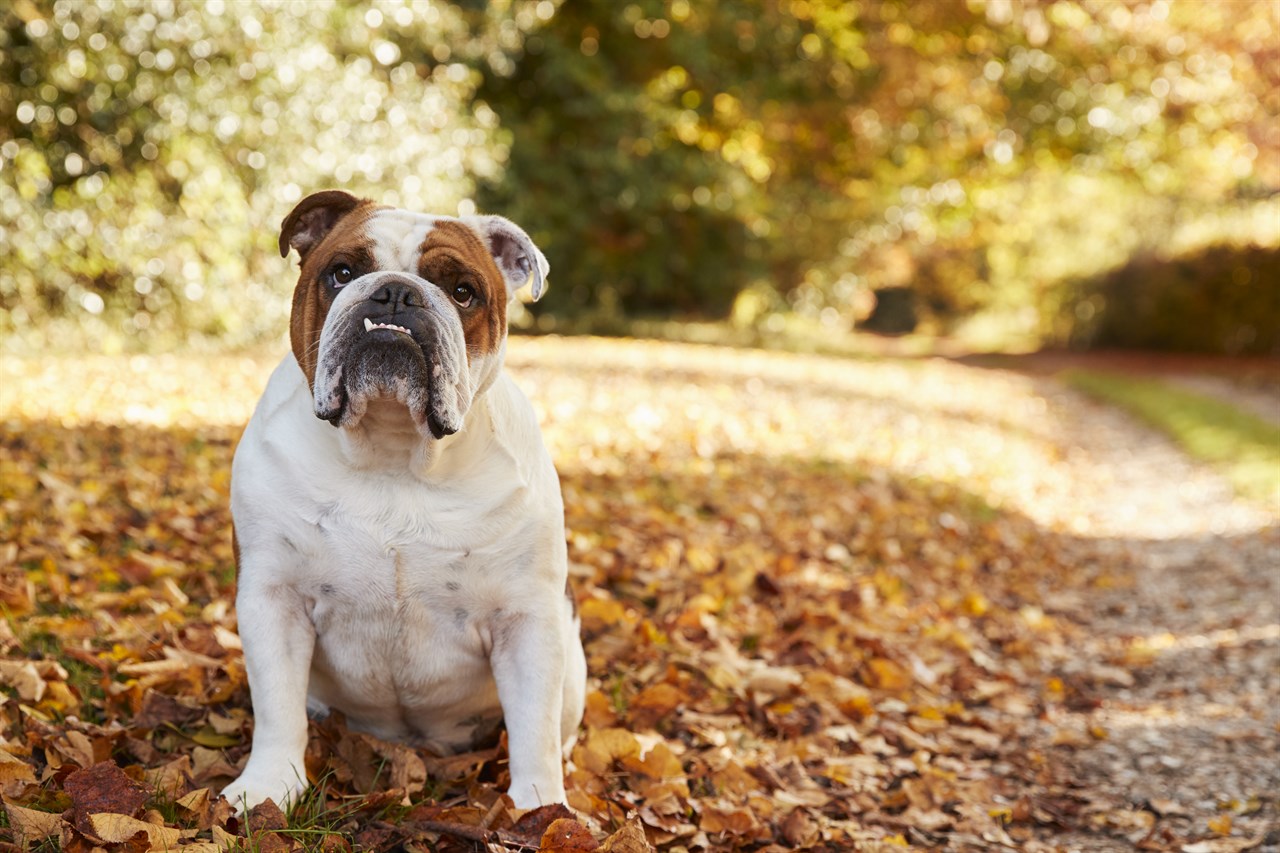British Bulldog Feeding Habits and Food Requirements

Proper nutrition is crucial for the health and well-being of British Bulldogs. These lovable, stocky dogs have specific feeding habits and dietary requirements that every owner should understand to ensure their Bulldog thrives.
Feeding Schedule
Establishing a consistent feeding schedule is important for Bulldogs. Feeding them at the same times each day helps regulate their digestive system and prevents obesity. Typically, adult Bulldogs are fed twice a day—once in the morning and once in the evening. Puppies may require more frequent meals to support their growth.
Portion Control
Portion control is vital for Bulldogs, as they are prone to obesity. Overfeeding can lead to various health issues, including joint problems and breathing difficulties due to excess weight. Consult with your veterinarian to determine the appropriate portion size based on your Bulldog's age, activity level, and overall health.
High-Quality Dog Food
Selecting a high-quality dog food is essential for Bulldogs. Look for dog food that lists a meat protein source as the first ingredient, as protein is crucial for their muscle development and overall health. Avoid dog foods that contain fillers, artificial additives, and excessive amounts of grain or carbohydrates.
Special Dietary Considerations
Bulldogs may have specific dietary considerations due to their unique needs:
- Weight Management: Obesity is a common issue in Bulldogs. If your Bulldog is overweight, work with your veterinarian to develop a weight management plan that includes the right diet and exercise regimen.
- Brachycephalic Breathing: Bulldogs have flat faces, which can make eating challenging. Some may benefit from specially designed slow-feed bowls or puzzle feeders to prevent gulping and promote slower, safer eating.
- Allergies: Some Bulldogs may have food allergies or sensitivities. If you suspect your Bulldog has allergies, consult with your vet to identify the allergens and select an appropriate diet.
Fresh Water
Always provide your Bulldog with access to fresh, clean water. Proper hydration is crucial for their overall health, especially since Bulldogs can be prone to overheating and require adequate hydration to regulate their body temperature.
Special Considerations for Puppies
Puppy Bulldogs have specific dietary needs to support their rapid growth and development. Ensure you feed them a high-quality puppy food formulated for their age and size. Puppies typically require more frequent meals throughout the day and should be transitioned to an adult diet as they mature.
Consult with Your Veterinarian
Every Bulldog is unique, and their dietary requirements may vary. It's essential to consult with your veterinarian to create a tailored feeding plan for your specific Bulldog, taking into account their age, activity level, and any underlying health concerns.
In conclusion, British Bulldogs have specific feeding habits and dietary requirements that require careful attention from their owners. Providing them with high-quality, well-balanced dog food, portion control, and regular veterinary check-ups will help ensure their health and longevity. Tailoring their diet to their individual needs is key to keeping your Bulldog happy and healthy throughout their life.
British Bulldog puppies for sale
- Find British Bulldog puppies for sale in ACT
- Find British Bulldog puppies for sale in NSW
- Find British Bulldog puppies for sale in NT
- Find British Bulldog puppies for sale in QLD
- Find British Bulldog puppies for sale in SA
- Find British Bulldog puppies for sale in TAS
- Find British Bulldog puppies for sale in VIC
- Find British Bulldog puppies for sale in WA